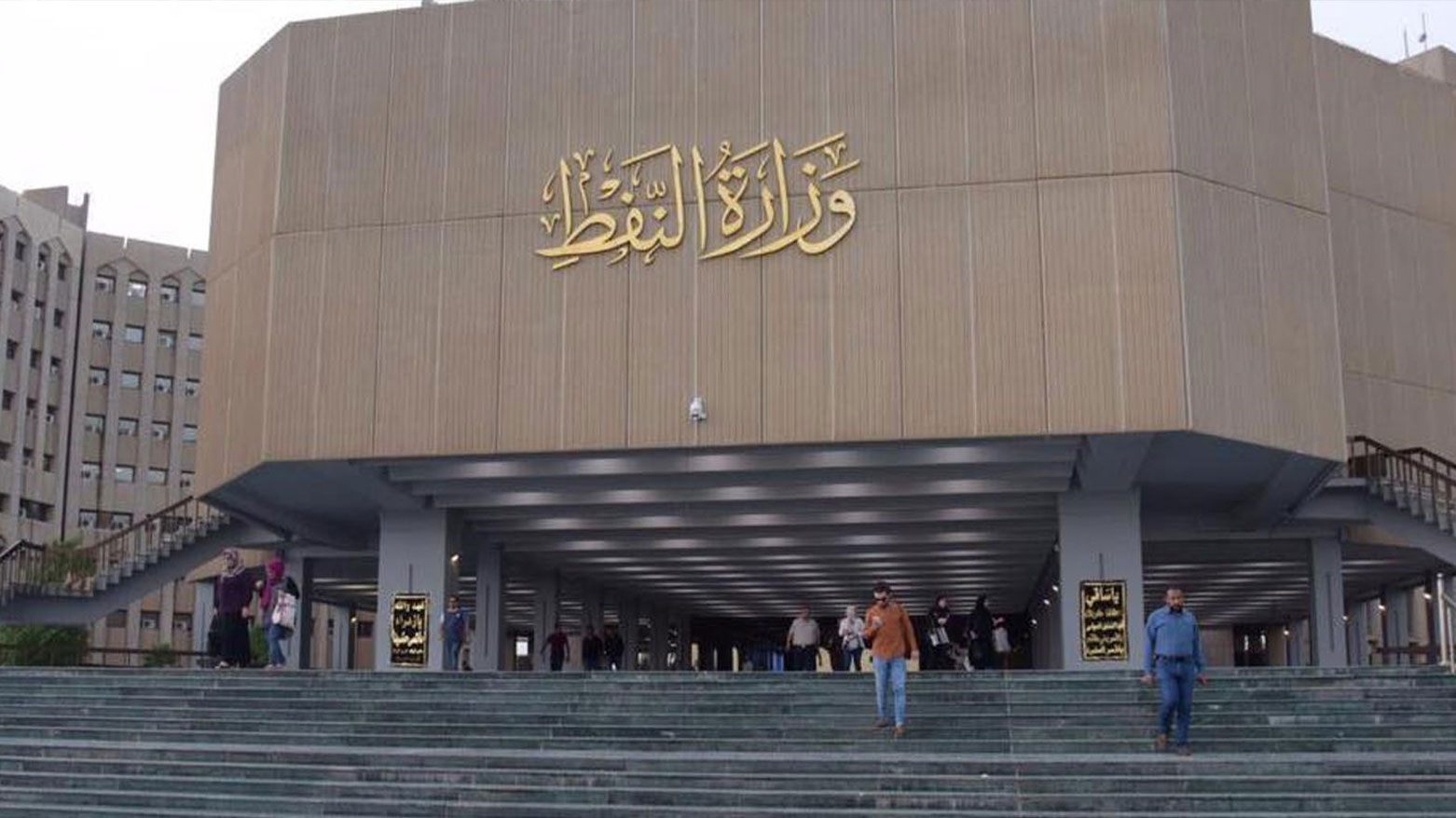Iraq Calls for Meeting with IOCs, KRG Ministry to Discuss Oil Contracts
The meeting aims to address outstanding issues related to oil contracts and facilitate a mutual understanding that will advance oil field development while safeguarding national interests.

ERBIL (Kurdistan24) – The Iraqi Federal Ministry of Oil has invited international oil companies operating in the Kurdistan Region under the Association of the Petroleum Industry of Kurdistan (APIKUR), along with the Kurdistan Regional Government (KRG) Ministry of Natural Resources, to a critical meeting in Baghdad on Tuesday, March 4.
The meeting aims to address outstanding issues related to oil contracts and facilitate a mutual understanding that will advance oil field development while safeguarding national interests.
Steps Toward Oil Export Resumption
This meeting comes in the wake of an agreement announced on February 26 by Iraq’s Oil Minister, Hayan Abdul Ghani, confirming that Baghdad and Erbil had reached a deal to resume Kurdistan’s oil exports via the Ceyhan pipeline in Turkey.
The agreement follows the Iraqi Parliament’s decision on February 2, 2025, to amend the Federal Budget Law, specifically Article 12, clearing the way for the Kurdistan Region to restart its oil exports.
Key Provisions in the Federal Budget Law Amendment
Ameen Rahim, Secretary of the Kurdistan Regional Council of Ministers, outlined significant amendments aimed at ensuring a fair distribution of oil revenues and operational costs.
The Iraqi Ministry of Finance will compensate the KRG for sovereign expenditures linked to production and transportation costs based on the volume of oil received by the State Oil Marketing Organization (SOMO) or the Federal Oil Ministry.
A specialized international advisory body will be appointed jointly by the Federal Oil Ministry and the KRG Ministry of Natural Resources to determine fair estimated costs for production and transport at each oil field.
This assessment is to be completed within 60 days of the law’s implementation, with any disputes being resolved through a decision by the Iraqi Council of Ministers.
The international advisory body will submit cost estimates to the Iraqi Ministries of Oil and Finance, as well as the KRG Government. Compensation will be calculated based on a per-barrel cost, multiplied by the total barrels delivered, after which the Iraqi Ministry of Finance will transfer these funds to the KRG Government.
The immediate transfer of Kurdistan Region’s produced oil to SOMO or the Iraqi Oil Ministry will begin, with the Iraqi Ministry of Finance providing an advance payment of $16 per barrel to cover initial production and transportation expenses.
Final cost adjustments will be made following the findings of the technical advisory body.
APIKUR’s Conditions for Oil Export Resumption
Amid these developments, Colonel Myles Caggins, spokesperson for APIKUR, provided further insights into the stance of the international oil companies operating in Kurdistan.
Speaking to Kurdistan24, he emphasized that while APIKUR welcomes discussions, there are critical conditions that must be met before oil exports can resume.
He stated that APIKUR represents eight companies that produce more than 60% of the oil in Kurdistan and that written agreements are necessary to ensure clarity and security in oil transactions.
Caggins highlighted four key conditions. First, APIKUR insists on having formal written agreements, specifically sales and lifting agreements, that outline payment terms and guarantee financial security.
He noted that this is standard practice in global oil exports, including within federal Iraq, and that without such agreements, companies cannot confidently proceed with production.
Second, payments must align with the Iraqi Budget Law, ensuring that companies are compensated fairly based on the total number of barrels produced and exported.
Additionally, APIKUR demands a structured plan for the repayment of outstanding dues, as companies were not paid for oil production between October 2022 and March 2023, accumulating arrears of more than one billion dollars. Before resuming exports, companies need a written agreement specifying how and when these overdue payments will be settled.
Lastly, APIKUR insists on transparency regarding export volumes, with agreements specifying the quantities of oil that will be exported and ensuring that businesses can plan accordingly.
Caggins stressed that APIKUR remains committed to its investments in Kurdistan and is ready to cooperate with both Baghdad and Erbil to reach a fair resolution. However, he underscored that international oil companies cannot operate based on press statements or verbal assurances.
He compared the situation to a simple business transaction, saying, “I was at a restaurant in Zakho a couple of days ago, and I had breakfast. The restaurant owner understood that if he gave me chai, I was going to pay him in Iraqi dinar. It’s the same concept. If our companies are producing oil, they need to know how and when they will get paid.”
Implications for Iraq’s Energy Sector
The resumption of Kurdistan’s oil exports is expected to play a crucial role in stabilizing Iraq’s energy sector, reinforcing the federal budget, and fostering a sustainable revenue-sharing framework between Baghdad and Erbil.
The upcoming discussions in Baghdad are expected to address remaining technical, financial, and legal challenges in the implementation of these agreements.
While tensions have historically defined Baghdad-Erbil oil relations, this latest initiative is viewed as a potential turning point toward a more cooperative and structured approach to Iraq’s oil sector governance.
The involvement of APIKUR and its conditions for resuming exports will be key factors in determining the success of these negotiations and the future stability of Kurdistan’s energy industry.